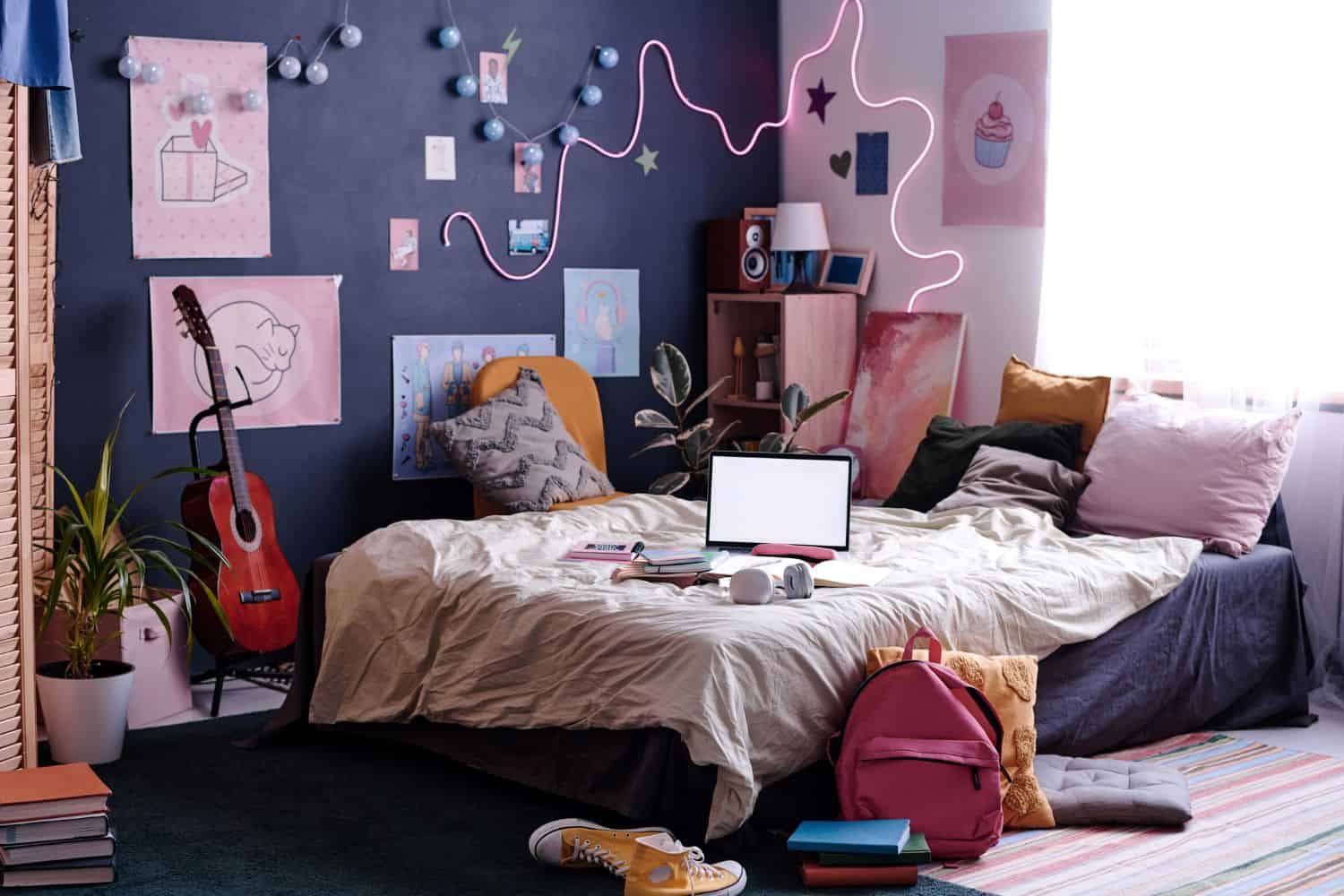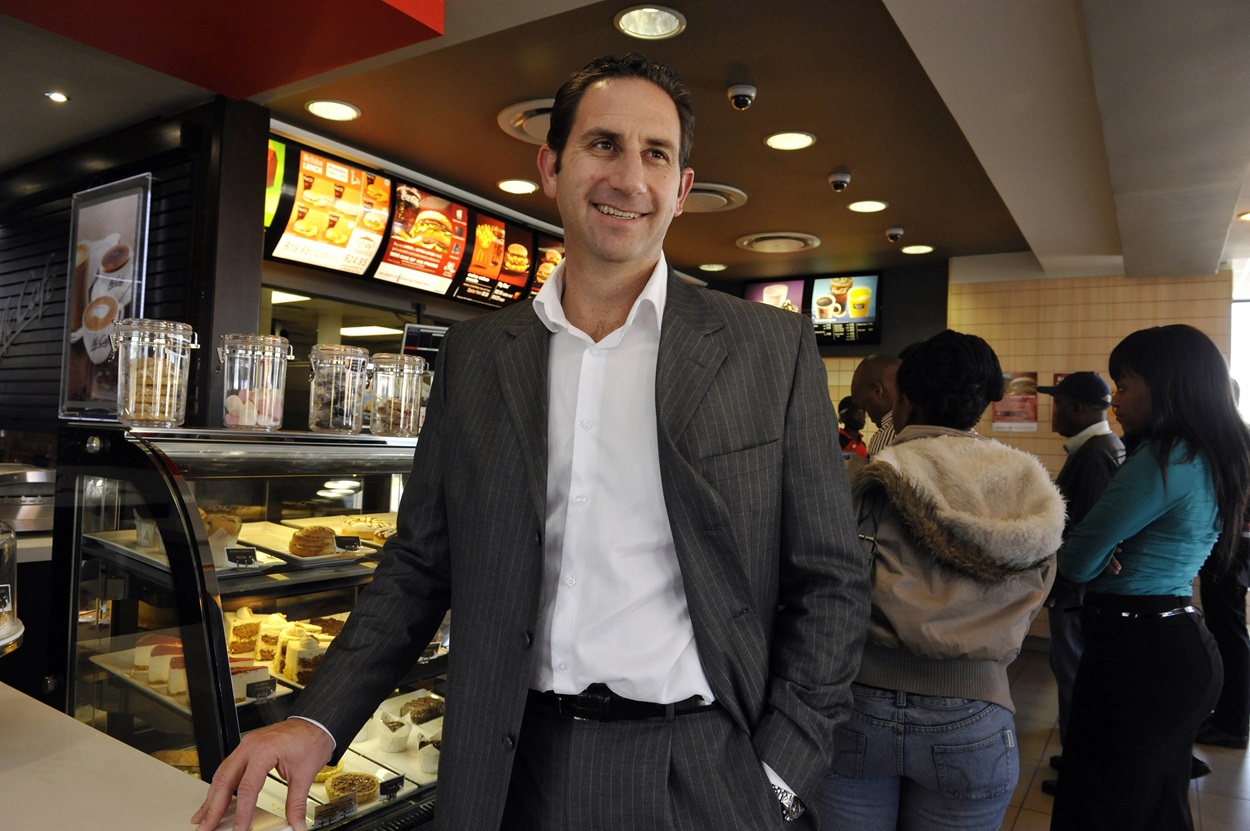The Survey suggests that more people will prioritise their physical and mental health.
More and more people in South Africa are falling in love with the concept of being able to do their shopping at the tip of their fingers due to the convenience it provides.
The e-commerce industry is expected to grow by the end of 2025 as more retailers in the country establish their online presence.
However, for retailers to be able to take advantage of this interest from consumers, they would need to implement strategies that would make their businesses appealing.
E-commerce products should make shoppers’ lives easier
Elzaan Erasmus, a division manager at the daily deals site, OneDayOnly.co.za says e-tailers must innovate and introduce fresh products to stay ahead of consumer demands.
She adds that retailers need to provide products that will make shoppers’ lives easier by saving them time and solving everyday problems.
Erasmus provides four key trends for 2025 that e-tailers need to look at to stay ahead of consumer’s needs.
ALSO READ: SA retail trade sales at two-year high
Trends for e-commerce retailers to follow
The trends are drawn from the company’s 2024 competition, in which different businesses pitch product ideas that meet three key criteria: a deep understanding of the consumer, profitability potential, and market uniqueness.
Eco-conscious consumption
She says sustainability is influencing purchasing decisions, with 52% of South Africans opting for more eco-friendly products to minimise their environmental impact.
“Mindful of their ecological footprint, consumers are increasingly exploring a wider range of sustainable solutions, including biodegradable nappies, reclaimed wood furnishings, and electric composters for kitchen waste.”
ALSO READ: As online shopping grows, so do the complaints
Wellness wins the budget battle
She says there has been demand for products promoting health, fitness, and overall well-being is surging, with the Euromonitor Voice of the Consumer Lifestyles Survey showing that 49% of South Africans intend to allocate more of their budget to these items in the future.
The Survey suggests that more and more people will prioritise their physical and mental health.
Simplified living, powered by tech
“As inflation eases and interest rates fall, consumers are shifting from cautious to intentional spending, with many now willing to invest in tech innovations that simplify their lives,” she adds.
Whether it is robotic vacuum cleaners or health-monitoring wearables, technology is becoming an essential part of daily life.
ALSO READ: Consumer trust drops by 72% in one year, experts suggest AI to boost sales
Product experience is paramount
Erasmus says that consumers would choose products that go beyond mere functionality and those that provide memorable experiences or enhanced usability. “This reflects a shift in preferences, where the emotional impact and the distinct benefits a product offers hold more weight.”
She makes examples of a smart home system that recognises individual voices, offering personalised responses for each user, or gourmet meal kits that transform cooking into a tailored and engaging experience.
How to get success in a competitive marketplace
“Products that deliver on personalisation, innovative design, or interactive features are now setting the bar for success in a competitive marketplace.”
Erasmus emphasises that the future of e-commerce lies in the ability to predict consumer preferences before they become trends, delivering products that not only meet needs but exceed expectations.
NOW READ: Could e-commerce give small businesses protection against inflation?














